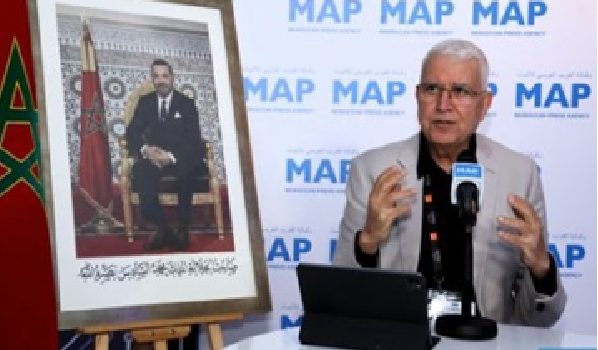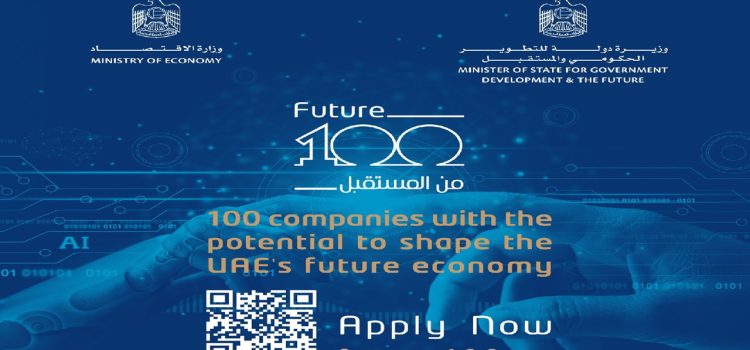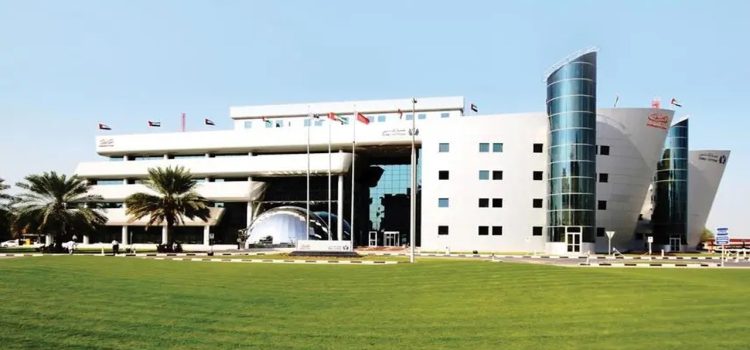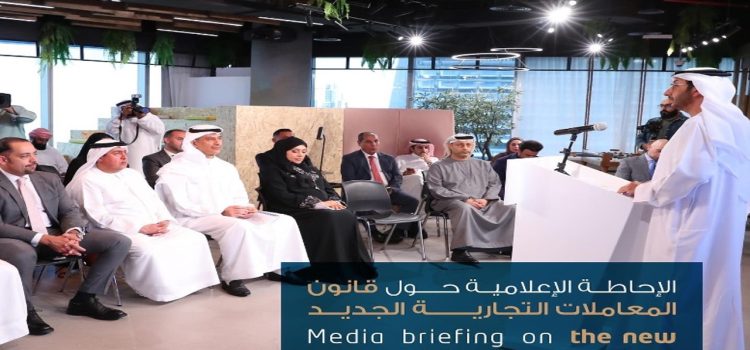The UAE Cabinet recently updated some of its legislation which included those pertaining to virtual businesses and virtual assets. The UAE is considering the provision of services and the conduct of business and activities related to virtual assets and virtual businesses based on its new commercial law. As such businesses dealing either virtually or with virtual assets are considered commercial businesses within the UAE as on shore businesses. This comes after the UAE Cabinet of Ministers issued its decision on virtual assets regulation in December 2022 and which will come into effect in January.
As per UAE’s Undersecretary of the Ministry of Economy, Abdullah Al Saleh, developing the business sector is a strategic goal for the state, and providing a legislative environment that stimulates its growth is a top priority.
His comments were made during a media briefing, organized by the Ministry of Economy, to introduce Federal Decree Law No. 50 of 2022 regarding commercial transactions in the country, with the participation of Ibrahim Al Zaabi, Assistant Governor of the Central Bank for Monetary Policy and Financial Stability, and Dr. Maryam Al Suwaidi, CEO of the Securities and Commodities Authority.
As such the UAE Ministry of Economy has issued a new commercial transactions where the most prominent features include reduction of the age of legal capacity to practice business to 18 years, establishment of a legal reference for commercial transactions for banking institutions to stimulate investment, support to Islamic banking, amends the provisions related to establishment, regulation of financial markets, and finally support to businesses in tech sector especially digital field.
Al Saleh stated, “ The new law aims to support the commercial interests of the state and comply more with international trade, strengthen the position of the UAE on the global trade map, keep abreast of international best practices in commercial transactions, and ensure the principles of transparency and clarity in them, as well as raise the country’s classification on relevant economic competitiveness indicators, including the Global Competitiveness Report, and the Ease of Doing Business Report. In addition the new law aims at accelerating the transformation of digital applications further in the business sector in the country, and strengthening the position of the UAE as a center for business activities in the areas of technology, innovation and sectors of the new economy, and reviewed the most prominent provisions and outputs of the new law, which confirms State’s proactive approach.”
The UAE will be creating a virtual business system, the commercial store and commercial transactions, through the means of modern technology, and those that take place in virtual environments, in addition to those provided in realistic standard ways, as well as considering the provision of services and the conduct of business and activities related to virtual assets as virtual businesses in accordance to UAE’s Council of Ministers Legislation regulating virtual assets and their service providers.
This includes
• Giving authenticity to the virtual business so that the same provisions applied to it with respect to similar ones presented realistically.
• Giving legitimacy and authenticity to real and virtual commercial books.
• Selling by public auction of movables instead of used movables and making bids available through a licensed electronic platform or hall or through various modern technology means.
Dr. Mariam Al-Suwaidi, CEO of the Securities and Commodities Authority, added, “The most noteworthy provisions presented by the new law deal with the securities sector in addition to the fact that the Authority is to consider the business of virtual assets as a commercial business, and this provision gives a privilege to the virtual assets sector. With the issuance of the new law it has been confirmed that businesses related to virtual assets are considered commercial businesses. Therefore, the provisions of this law and other related laws will apply to those who will deal in the activities of this sector, and benefit from the privileges included in the new law, such as the provisions regulating the trader and allowing new age groups to practice business, noting that the Cabinet of Ministers already issued its regulating decision last December for virtual assets, and will enter into force mid-January.” ( Note no public information is available on the Cabinet of Ministers decision for virtual assets.)
The announcement comes in parallel with the recent announcement by the Abu Dhabi based crypto and Blockchain associate to set up a Regulators Committee to help drive change and learn lessons in the wake of last year’s FTX exchange collapse. Jehanzeb Awan of the Middle East, Africa and Asia CBA (MEAACBA) states, “It is pivotal for the industry to help the investing public understand the opportunity and corresponding risks that come with investing in cryptocurrencies. The importance of holistic regulation to minimize regulatory arbitrage is key to reducing the impact of the recent events as well as bringing confidence back to the industry.”
The MEAACBS said its board is setting up a Regulators Committee which aims to bring together the key regulators in the regions covered by the association, to work together in building regulatory regimes that allow for effective oversight of the crypto industry.












